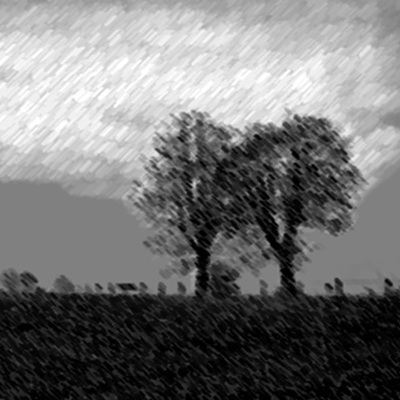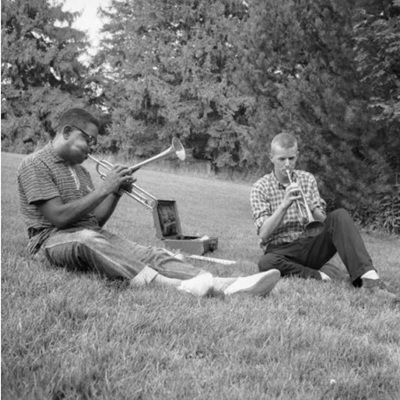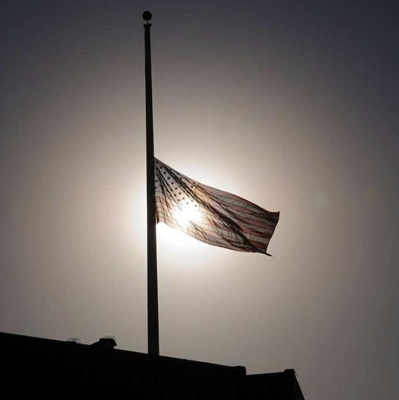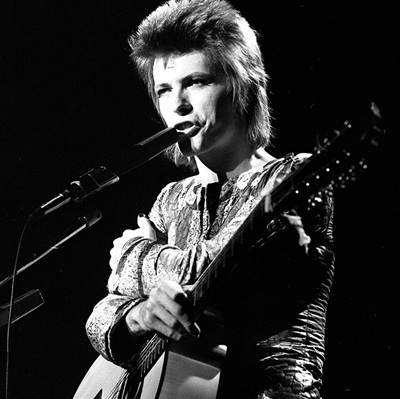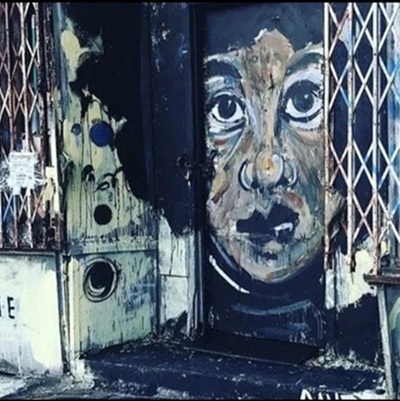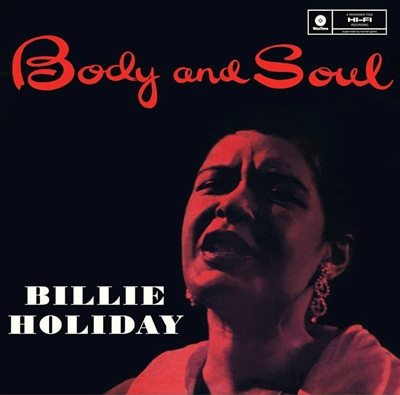.
.
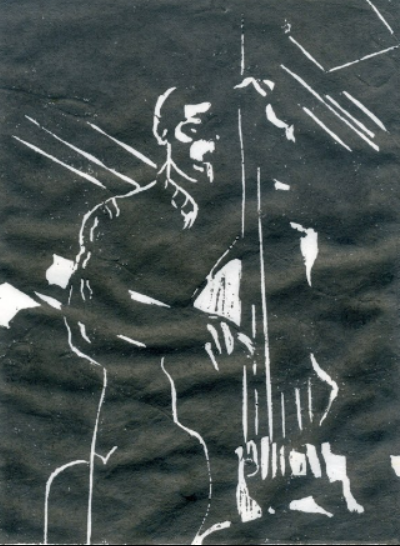
“Open Letter to Duke,” by Russell duPont
.
___
.
Thoughts While Viewing a Black Olive
I am not familiar with too much of the Universe
……………………………………form or function
…………..though it appears in this part of it
having fled elsewhere for the prospect of better days
substance & decorum are returned
………………………………………………adversarial
……………………………………embracing
once thought to be archaic impulse
tantrum disguised as discourse
disdain celebratory in its display
personal repugnance expressed as rightful harm
each lay foundation for a rewind Tinpot Jungle
Addressed on vinyl half a Century ago
from a Duke a Max & a Mingus
praising a Fleurette Africaine
among other counsel offerings
their Parliamentary approach
……………………………………to public reason
…………..individual collective & thoughtful
remains the archetype
.
by Terrance Underwood
.
___
.
what feeds you
my steady diet
of psychedelic
and social-justice
sounds plus
a rain of acid rock,
yet i proceeded
from people born
in the age of jazz,
so what the song
sunshine of your love
by cream did for me
is what mood indigo
did for my father,
duke ellington laying
the biggest horn line
on the bottom then
building a mindset
of b flat minor,
making my father’s
left shoulder twitch
which always meant
i’m fully alive, and
this is the food that
sinks to the center of
my bones and stays.
.
by Laurinda Lind
.
___
.
Pretty Woman
It was long ago — I was 16 —
but not so long ago
that I could forget
those “deep blues” nights
when I’d step out
on to our third floor porch
and scan the street below,
all the way down to it’s end
and then back up
to the crest of the hill
where it dissolved into the sky.
Suddenly, across the street,
a light goes on in the bedroom
and, as she enters,
Ellington taps out the first notes
as Al Hibbler slides
right into the bluesy
Pretty Woman.
.
by Russell duPont
.
___
.
Story in My Hand
In the silence before
me, I see an orchestra
of ideas: the director,
Count Basie, moves
his arm gently at the
end of which, his hand
looks like the head
of a black swan,
both managing and
following the
limb. The eye of
the needle sees
right through
what it should
make appear
to the ear. Like
a snake, it enchants
the instruments, one
by one like my
thoughts unfolding.
It is a jazz concerto.
The cello held by
Sam Jones is at my
left, playing deep
notes and warning me
of the dangers of
imagining without
a score. His black
suit moves as if
there was no one in
it. Next to him,
Duke Ellington
gliding on the
black and white
keyboard
then stopping
on a chord as if to
make me pay
attention to it.
The mix of
black and white
colors
is only possible
on stage and
makes wonders
between the
possible and impossible,
foretelling the liberation
of customs in America.
I foresee the
beginning of a story:
a man (the cello) in
the streets of Baltimore,
hoping for success.
A car (the piano)
drives past him,
splashing him with
water from the gutters.
Miles Davis plays:
“Beware!” in high
notes; the violins
and the drums
follow the overall
rhythm frenetically
as if they were
sliding on a coat of rain.
The cello appears again,
worn-out, but still
hopeful. He needs to
get to the next building
before noon, to
submit his new score
to a
music manager.
Suddenly, all
the music stops.
The black man
reaches the stairs
and runs to the
sixth floor. He
breathes, puts
the music paper
on the desk and
climbs down
the stairs,
whistling.
The concerto
ends there,
where my poem
ends. The director
puts down his baton
and everyone sits
still.
I leave
the table with
a music in my mind
and a story
in my hand.
.
by Claire Andreani
.
.
___
.
.

After having completed her first years of Masters in American Literature at la Sorbonne and her second year of Masters at New York University, Claire Andreani started writing poetry, focusing her work on Emily Dickinson, E. E Cummings and Wallace Stevens. She is currently working on a collection of poetry called the city, exploring the absurdities and transformations imposed by Modern Society: how city life reflects in Human Nature and changes it.
.
.
___
,.
.

Russell duPont is an artist and an author whose artwork is included in a number of public and private collections. He has published two novels, King & Train and Waiting for the Turk; two books of poetry; and two non-fiction chapbooks. His essay, “The Corner,” is included in the anthology Streets of Echoes. His work has been published in various newspapers and literary magazines. He was the founder & publisher of the literary magazine, the albatross.
Visit his website by clicking here
.
.
___
.
.
.

Laurinda Lind lives in New York’s North Country, next door to Canada. Some of her writing is in Blue Earth Review, New American Writing, Paterson Literary Review, and Spillway. She is a Pushcart Prize and Best of the Net nominee.
.
.
___
.
.
photo by Jack Underwood
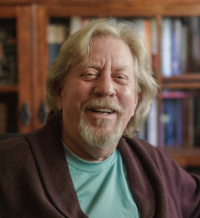
Terrance Underwood is a retired Rolls-Royce Service Engineer, veteran, College Grad (B.A. History) who has been listening to recorded jazz music since he was 5-6 yrs old. One of his first memories is listening to a 78 version of “Cherokee” by Charlie Barnett.
.
.
Listen to Duke Ellington and His Orchestra perform “Pretty Woman,” with Al Hibbler on vocals
.
.
___
.
.
Click here to read The Sunday Poem
Click here for information about how to submit your poetry
Click here to subscribe to the (free) Jerry Jazz Musician quarterly newsletter
Click here to help support the ongoing publication of Jerry Jazz Musician (thank you!)
.
.
___
.
Jerry Jazz Musician…human produced (and AI-free) since 1999
.
.
.







